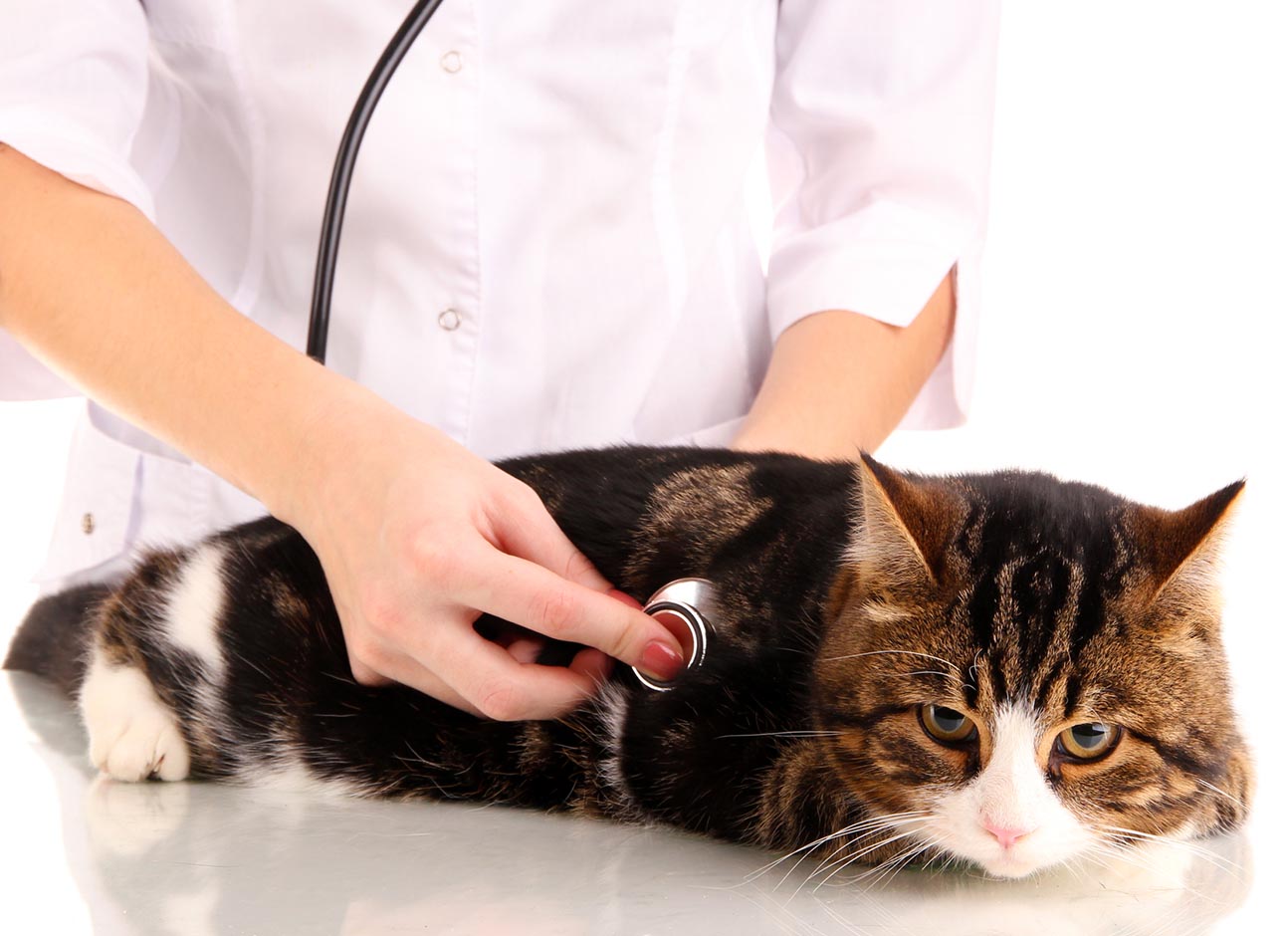What is Deworming and Who Needs It?
Deworming refers to treatments or preventive measures against helminth (worm) infections. It is highly recommended for all animals, whether they live indoors, outdoors, or on the streets. Animals can become infected not only from contact with an infected animal but also through:
Eating contaminated food
Lack of prophylactic anthelmintic treatment before mating
Dirty shoes of owners
Feces of an infected animal
Birds, fleas, or mice
Types of Deworming
Deworming is categorized into:
Prevention: Performed when there are no visible symptoms after potential exposure to infection. Prevention aims to eliminate the risk of worm egg infection.
Treatment: Administered upon diagnosis of infection with parasitic worms. Treatment plans are tailored to each pet.
Scheduled before vaccination: Conducted before vaccination to minimize risks. Deworming is done in young pets prior to scheduled vaccinations.
Symptoms of Worm Infestations
Common symptoms of helminth infections include:
Apathy, fatigue, and unhealthy appearance
Bowel movement issues, vomiting, blood or worm pieces in stool
Loss of appetite, weight loss, emaciation
Deterioration of coat quality
Abdominal distension
Pale mucous membranes, possibly with a yellow tint
Coughing
If these symptoms are present, consult a veterinarian for examinations, tests, and treatment.
Deworming Adult Dogs and Puppies
To ensure your pet’s well-being, consult a veterinarian before deworming. Puppies should follow a vaccination schedule, with deworming performed 10-14 days before each scheduled vaccination. Adult dogs require deworming less frequently – once every six months for prevention, regardless of vaccination status.
Deworming Adult Cats and Kittens
Kittens should be dewormed 21 days before their first vaccination, which occurs between 8-12 weeks of age. Adult cats, if asymptomatic, should undergo prophylactic deworming every six months.
Deworming Pregnant and Nursing Animals
Deworming during pregnancy is not recommended due to potential risks to offspring. If necessary, deworming should be done in the second half of pregnancy using the mildest possible medications, and only under a veterinarian’s guidance. Deworming is contraindicated for nursing animals due to the risk of intoxication.
Prevention and Treatment
After consulting a veterinarian and establishing an appropriate prophylactic schedule, you can perform deworming at home. If symptoms are present, consult a veterinary clinic for diagnosis and worm detection. The most effective treatment will be determined based on the pet’s living conditions, age, weight, and size. If hospitalization is not required, treatment can be conducted at home.
Types of Anthelmintic Medications
Anthelmintic medications vary in type and active ingredient:
Tablets or drops
Suspension or syrup
Paste or gel
Consult a veterinarian for a specific drug and dosage recommendation based on examination and analysis. Do not self-medicate.
Possible Contraindications
Deworming is not recommended in the following situations:
During nursing or pregnancy, especially the first half
Exhausted or immunocompromised pet
Post-operative period or recent illness
Insufficient age of the animal
Prophylactic deworming is better for your pet’s health than treating infections after they occur. It is also more cost-effective and easier to manage. Regular preventive deworming is essential.
